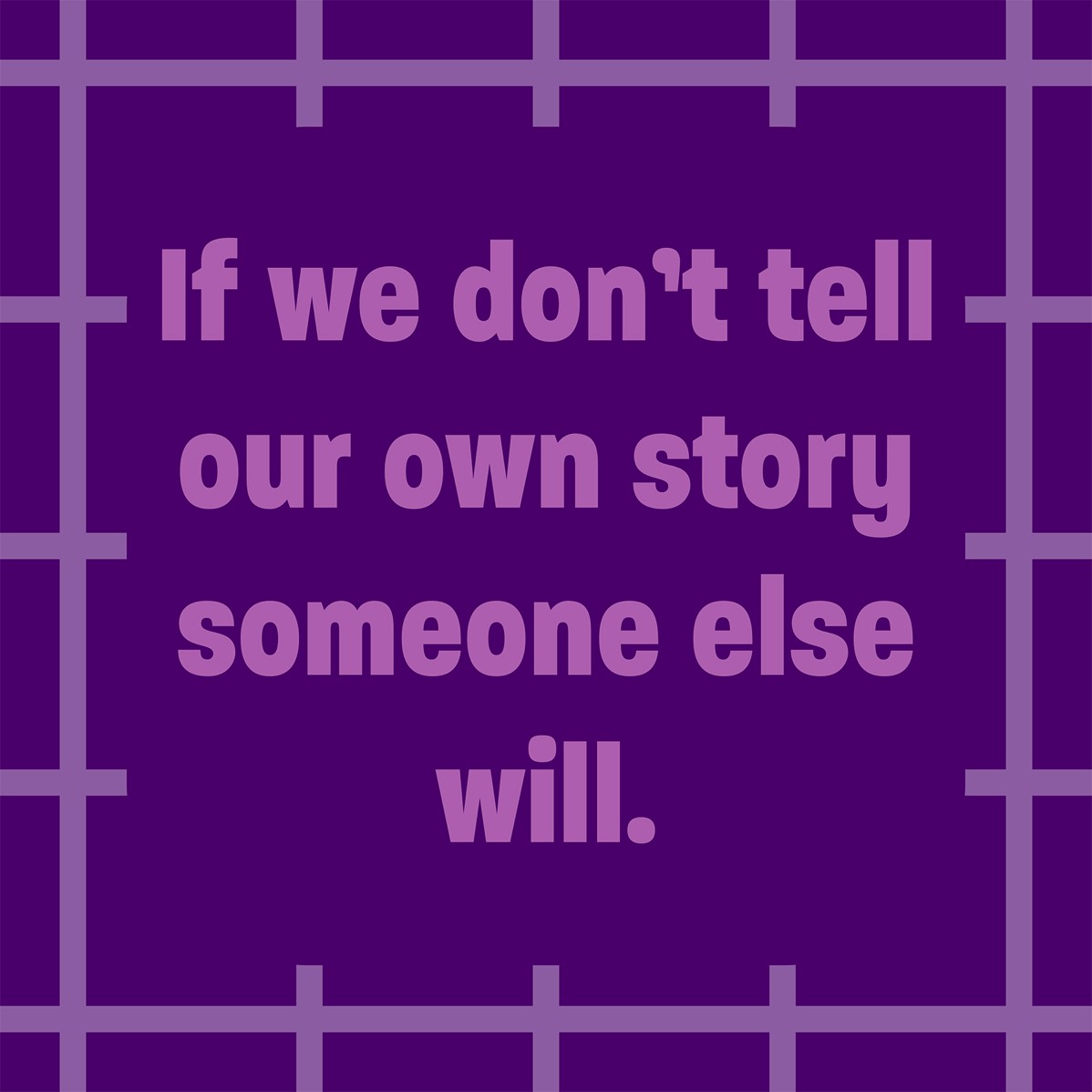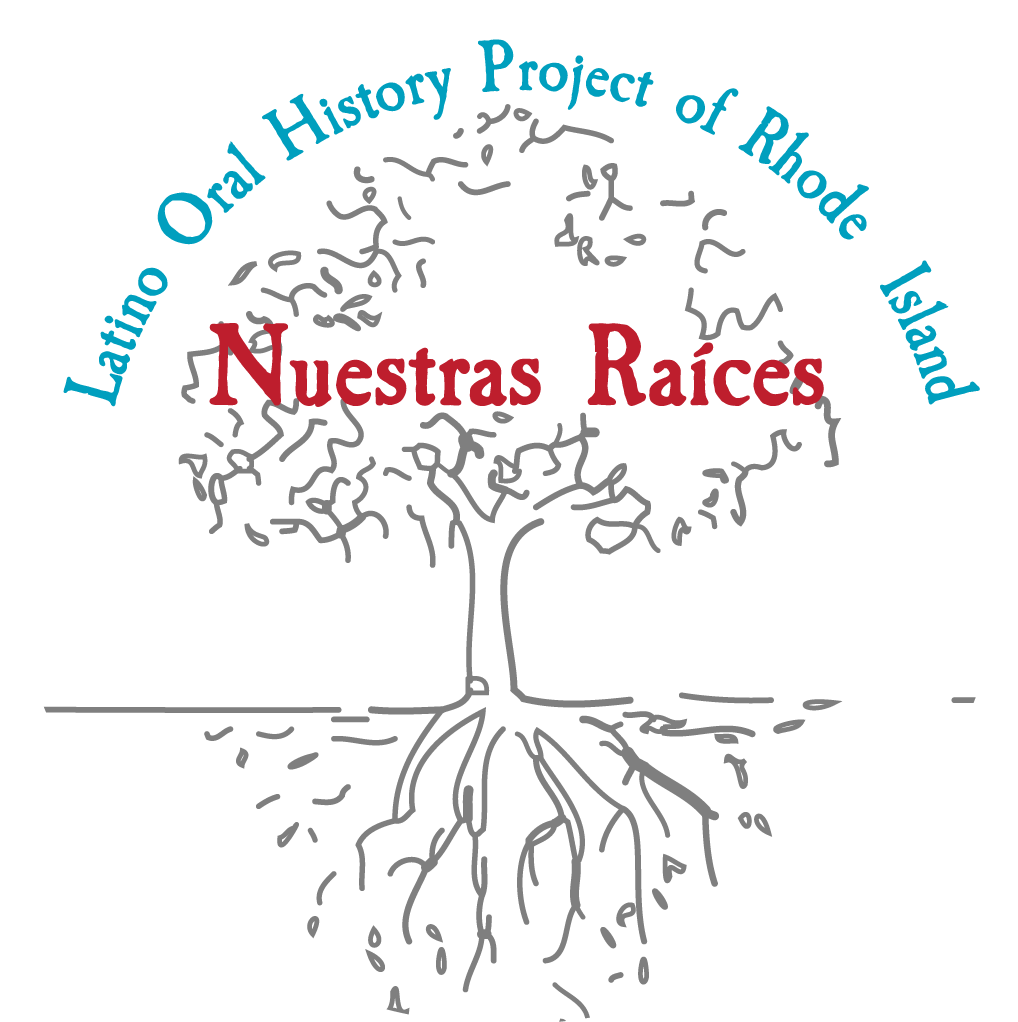Pioneer: (noun)
A person who is among those who first enter, venture, or settle into region, thus opening it for occupation and development by others.
A person who is among those who first enter, venture, or settle into region, thus opening it for occupation and development by others.
Latino elders in Rhode Island are more than storytellers—they are trailblazers, community builders, and guardians of cultural heritage. From the earliest Latino immigrants who laid the foundations of our communities to the activists, educators, and entrepreneurs who shaped the state’s social and economic landscape, their contributions continue to inspire generations.
These pioneers arrived with dreams, resilience, and a determination to build better lives for their families while enriching the state with language, traditions, and labor that transformed industries and neighborhoods. They established the first Latino-owned businesses, advocated for workers’ rights, founded cultural organizations, and fought for representation in government. Their sacrifices and achievements paved the way for the thriving Latino community we see today.
Through Nuestras Raíces, we preserve their voices, ensuring that their struggles and triumphs are not forgotten. By listening to their stories, we honor their legacy and strengthen the bridge between past and future generations. Their experiences teach us resilience, identity, and the power of community—reminding us that the Latino presence in Rhode Island is not just history but an enduring and evolving force.
Their stories are our history, and their legacy lives in all of us.
These pioneers arrived with dreams, resilience, and a determination to build better lives for their families while enriching the state with language, traditions, and labor that transformed industries and neighborhoods. They established the first Latino-owned businesses, advocated for workers’ rights, founded cultural organizations, and fought for representation in government. Their sacrifices and achievements paved the way for the thriving Latino community we see today.
Through Nuestras Raíces, we preserve their voices, ensuring that their struggles and triumphs are not forgotten. By listening to their stories, we honor their legacy and strengthen the bridge between past and future generations. Their experiences teach us resilience, identity, and the power of community—reminding us that the Latino presence in Rhode Island is not just history but an enduring and evolving force.
Their stories are our history, and their legacy lives in all of us.
★ Oprime aquí para leer en español
Los mayores latinos en Rhode Island son más que narradores de historias: son pioneros, constructores de comunidad y guardianes de nuestra herencia cultural. Desde los primeros inmigrantes latinos que sentaron las bases de nuestras comunidades hasta los activistas, educadores y empresarios que transformaron el panorama social y económico del estado, sus contribuciones siguen inspirando a las generaciones futuras.
Estos pioneros llegaron con sueños, resiliencia y una firme determinación de construir una vida mejor para sus familias, enriqueciendo a Rhode Island con su idioma, tradiciones y trabajo, que han transformado industrias y vecindarios. Fueron ellos quienes establecieron los primeros negocios latinos, lucharon por los derechos laborales, fundaron organizaciones culturales y exigieron representación en el gobierno. Sus sacrificios y logros allanaron el camino para la próspera comunidad latina que vemos hoy.
A través de Nuestras Raíces, preservamos sus voces, asegurándonos de que sus luchas y triunfos no sean olvidados. Al escuchar sus historias, honramos su legado y fortalecemos el puente entre el pasado y el futuro. Sus experiencias nos enseñan sobre la resiliencia, la identidad y el poder de la comunidad, recordándonos que la presencia latina en Rhode Island no es solo historia, sino una fuerza viva y en constante evolución.
Las historias de nuestros pioneros son nuestra historia, y su legado vive en todos nosotros.
Estos pioneros llegaron con sueños, resiliencia y una firme determinación de construir una vida mejor para sus familias, enriqueciendo a Rhode Island con su idioma, tradiciones y trabajo, que han transformado industrias y vecindarios. Fueron ellos quienes establecieron los primeros negocios latinos, lucharon por los derechos laborales, fundaron organizaciones culturales y exigieron representación en el gobierno. Sus sacrificios y logros allanaron el camino para la próspera comunidad latina que vemos hoy.
A través de Nuestras Raíces, preservamos sus voces, asegurándonos de que sus luchas y triunfos no sean olvidados. Al escuchar sus historias, honramos su legado y fortalecemos el puente entre el pasado y el futuro. Sus experiencias nos enseñan sobre la resiliencia, la identidad y el poder de la comunidad, recordándonos que la presencia latina en Rhode Island no es solo historia, sino una fuerza viva y en constante evolución.
Las historias de nuestros pioneros son nuestra historia, y su legado vive en todos nosotros.
Anthony (Tony) Affigne
In 1982, Tony Affigne decided to run for office as one of three Latinos in Rhode Island running at that time. In 1985, he became the first Latino to run for Governor.
Gustavo Carreño
Valentin, Horacio and I came together in March of 1965, and during the summer and later in the fall, others began to join us. Together we all became the first Colombian immigrants to build a life in Rhode Island.
Osvaldo Castillo
Today, the community has changed a lot because it is larger. I see more bilingual people working in government offices, and back in the early days there was none of that. I also speak better English, but I still feel bad for the people who are just arriving to this country because they still have to go through what I went through ...
Angel "Tato" Cosme
In 1955, Angel “Tato" Cosme quit school after the ninth grade to help his mother earn money for the family. He left the poverty of his home in Puerto Rico and traveled to New England, and eventually settled in Rhode Island.
Juan Francísco
In the 1985 Juán Francisco was one of the founders of the first Hispanic Political Action Committee (HPAC) in Rhode Island, which launched a political awareness among Hispanics.
José González
My main goal then, was to give back to the Latino community by going into social work. But I had a moral dilemma. In social work you sometimes provide too much support, and don’t educate people into becoming independent. And you have this realization that the best way you can help the Latino community is by educating them ...
Roberto González
Roberto González moved to Rhode Island from New York City in 1969 with his brother, José. After being invited here to visit, their mother decided to bring the family (including a third brother) to raise them in what she felt was a safer environment. Roberto eventually became the first Latino Judge in Rhode Island - sworn into the Providence Housing Court in 2004 ....
Francisco Litardo
In the summer of 1974, Cuban minister Rev. Pedro Ortiz walked the streets of Rhode Island, knocking on the doors of local churches. He was there on behalf of the American Baptist Church, tasked with finding congregations willing to host Spanish-speaking services. It was Calvary Baptist Church that opened its doors to him.
Tony Mendez
Getting on air wasn’t easy. They told me to start with their AM station, which only reached campus. I pushed back. I wanted to be on FM—90.3 FM—which reached all of Rhode Island and beyond. After months of persistence, they gave me a shot.
Ramon Morales | Johnny Chimi
Everyone knows him as “Johnny Chimi” but his name is Ramon Morales. What he is most known for is the red food truck parked set back on Broad Street. An interview confirms it was the first Chimi truck in the Broad Street neighborhood.
Olga Noguera
I think that we have done so much with the Hispanic community that people who come now should be very proud of the people who opened doors … I think that we made a lot of strides and I think that we need to encourage young persons to participate in the Hispanic community ...
Valentín Ríos
Valentín Ríos came to Rhode Island in the early 1960s. He was one of the first Colombians here who were brought to work in the failing mills in Central Falls.
Doña Fefa Rosario
I remember when we would drive to New Haven in our blue station wagon to buy platános, yuca, café Dominicano and other food for the Hispanic people who lived in Providence in the mid-to-late 1960s ...
Miriam (Salabert) Gorriaran
Tessie Salabert and her sister, Miriam, were born in Cuba. The two girls and their brother, Eduardo, were sent to the U.S. on April 10, 1961 as a result of “Operación Pedro Pan (Operation Peter Pan).” Tessie was 11 years old , Miriam was 14 years old and their brother was eight. ....
Tessie Salabert
Tessie Salabert and her sister, Miriam, were born in Cuba. The two girls and their brother, Eduardo, were sent to the U.S. on April 10, 1961 as a result of “Operación Pedro Pan (Operation Peter Pan).” Tessie was 11 years old , Miriam was 14 years old and their brother was eight. ....
Juanita Sánchez
Juanita Sánchez helped many early Latinos navigate the health care system. The first school in Rhode Island named after a Latina was named after Juanita.
Angel Taveras
Angel Taveras was raised in Providence by a single mother and attended the public schools. In 2000 he was unsuccessful candidate for the 2nd Congressional District and in 2011 ran and was elected first Latino mayor in the City of Providence ....
Acelia "Ada" Terrero
Ada made some of the best cakes her friends and neighbors ever had. So when she started selling her creations from her Providence home, she immediately had orders for numerous parties and weddings. Little did she know that she was launching the first Latin-American bakery in Rhode Island.
Anastasia Williams
Rep. Anastasia Williams is of Panamanian heritage. In 1991, she made history as the first Hispanic and first Latina to a political office in Rhode Island when she was elected to represent District 9 in the Rhode Island House of Representatives.
Acelia "Ada" Terrero
Ada Terrero made some of the best cakes her friends and neighbors ever had. So when she started selling her creations from her Providence home, she immediately had orders for numerous parties and weddings. Little did she know that she was launching the first Latin-American bakery in Rhode Island.

© All Rights Reserved | Nuestras Raíces: Latino History of RI © | When using materials from this website, please acknowledge by stating the name of the URL of the webpage on which it is displayed. Citations should include full bibliographic information as follows: Courtesy of the Latino Oral History Project of Rhode Island, Central Falls, RI.
The History of Latino Community Activism
When Latin Americans first began to arrive in Providence in the 1950s and 1960s, the very small community was met with minimal recognition on the part of the bureaucracy...


